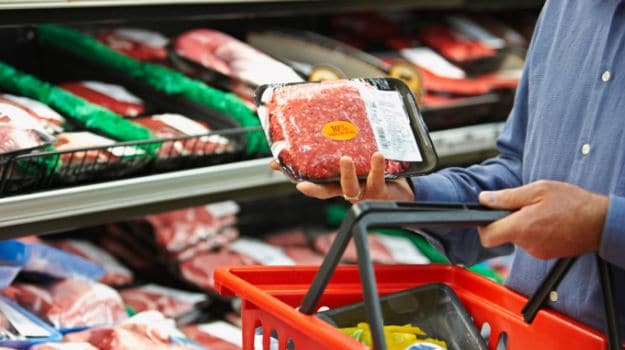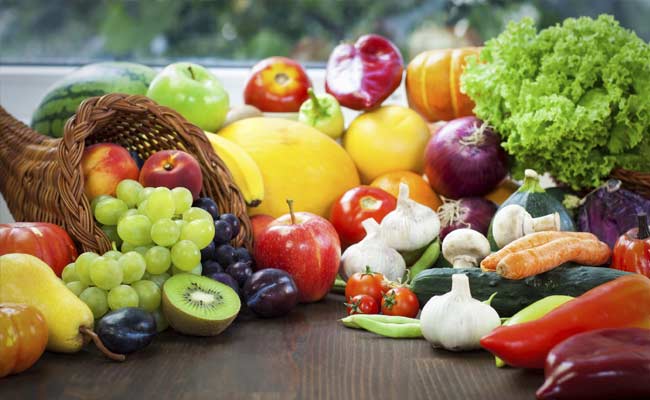Eating healthy is the key to staying fit and healthy. Any disease takes a huge toll on the body, especially kidney failure. Kidney failure is treated with dialysis, medication and proper nutrition till the patient can undergo a transplant. With a new kidney, the patient is able to overcome most of the metabolic constraints faced by them. This means they can eat without the stringent restrictions, limitations that had to be followed during treatments. Food has a major role to play in the recovery and health of the individual post-transplant. It is important to eat well to overcome the deficiencies due to the disease process and maintain optimum health and prevent relapse. To understand the dos and don’ts post-transplant, we will break up the journey into two parts. One immediately post-surgery and one for the long term.
Also Read: World Kidney Day: 7 Foods To Eat For A Healthy Kidney

Diet Post Transplant Surgery:
Immediately after surgery, the patient may need to be on a liquid diet progressing to soft foods and then a normal diet. Each hospital has a set protocol. The need for good nutrition is to assist in wound healing, prevent infections and keep the electrolyte balance steady. Once solid food can be started, the following are addressed.
- HYDRATION: The first need that is addressed immediately after surgery is adequate hydration. This is the key to a good recovery. Drink at least 2 liters/day water. Avoid excessive caffeine intake as it acts as a diuretic.
- Energy: Adequate calorie intake is necessary to help the body stay energised so that wound healing is faster. 30-35kcals/kg/ day is recommended to meet the needs of the recovery phase. Whole grains like wheat, and oats must be a part of every meal or snack. At this stage, if the digestion is not up to the mark, cereals like rice, sooji, and sago, which are easier to digest, can also be used. Excessive sugar intake is not recommended as most patients are on steroids too.
- Proteins:Kidney failure is associated with loss of muscle mass, along with the increased need for healing makes it very important to have good quality proteins in adequate amounts daily. Proteins are also needed to help maintain the integrity of the immune system. Add a dal/ paneer, egg, chicken or fish to every meal. In addition, make sure to consume adequate dairy for the calcium it provides.
- Potassium: is an electrolyte every kidney patient is familiar with. Post-transplant, the medical team keeps a strict eye on this mineral. The blood levels are a good tool to help you choose K-rich foods like lemons, peaches, and bananas or avoid them if needed.
- Sodium (Na) is another electrolyte that has a major significance to gauge the health of the kidney. While in the hospital, the nutrition team will give you some extra salt when needed.
- Raw foods like salads and fruits and uncooked sprouts will be avoided to prevent the entry of microbes as the immune suppressants in your prescriptions also downgrade the immunity shield. Preventing infections is of prime concern.
Certain foods like pomegranate and grapefruit must be avoided as they are contraindicated along with immunosuppressant drugs.
Also Read: 8 Diet and Lifestyle Changes That Can Help Prevent Kidney Disease

Long-Term Diet Post-Transplant Surgery
Once you recover from the surgery and are stable, diet will continue to play a vital role in long-term health. The underlying metabolic causes that may have led to kidney dysfunction still remain, so if you are a diabetic, have hypertension or high cholesterol, they need to be addressed on a war footing for the transplant to be successful.
- Weight maintenance is crucial. Post-surgery, you feel better but because of steroid-based drugs, you may feel extremely hungry which can lead to weight gain. Eating adequate food with complex carbs, loading up on vegetables and fruits to control hunger and daily exercise becomes the cornerstone for your health.
- Refined sugars, super-refined carbs and processed foods are detrimental to a healthy body. Food made with fresh ingredients brings all the nutrients your body needs and keeps it clean and nutritious. Avoid sugary drinks, packaged foods, fast foods, mathi and rusk etc.
Also Read: How to Remove Kidney Stones Naturally? 8 Ways to Cleanse Your Kidneys

Avoid refined meats, packaged food and carbs. Photo: iStock
- Kidney diseases have a profound effect on your bone health. Phosphorus and calcium are essential to help build back the lost bones. Dals, whole grains, millets, eggs, and dairy are rich sources of phosphorus.
- Dialysis also has a detrimental effect on muscle health. To build back muscle strength, it is important that you eat adequate protein @1gm/kg body weight/day from healthy plant proteins like beans, dals and legumes as well as fish, chicken, egg and nuts and seeds.
- Choose good quality fats like olive oil, peanut oil, and mustard oil which are rich in healthy monounsaturated fats and protect the heart. Mustard, soybean, and canola oils are also good sources of omega-3 fats that help reduce inflammation.
Also Read: Kidney Transplant And Diet: How To Stay Healthy And Avoid Complications

Fruits and vegetables are a must-have on post-kidney transplant diet. Photo: iStock
- Eat a lot of fruits and vegetables, just avoid eating them outside. The immunosuppressant may increase the risk of infections. At home, wash well and eat 5 servings of fruits and vegetables, they add important vitamins and plant polyphenols that are linked to a healthy body.
- Go easy on salt. Avoid table salt and keep the overall intake low. Like sugar, beware of hidden sodium in bakery, processed and packaged foods.
- Avoid taking herbal medications or supplements without your doctor’s advice, they may be lethal for the kidneys.
- Exercise daily. Cardio and strengthening exercises will help you remain fit and reclaim lost muscle mass.
Eat wholesome, clean and healthy to keep your kidneys in good shape.
Disclaimer: This content including advice provides generic information only. It is in no way a substitute for qualified medical opinion. Always consult a specialist or your own doctor for more information. NDTV does not claim responsibility for this information.
About Rupali DattaRupali Datta is a Clinical Nutritionist and has worked in leading corporate hospitals. She has created and lead teams of professionals to deliver clinical solutions for patients across all medical specialties including critical care. She is a member of the Indian Dietetic Association and Indian Association of Parenteral and Enteral Nutrition.
For all the latest Health News Click Here
For the latest news and updates, follow us on Google News.
